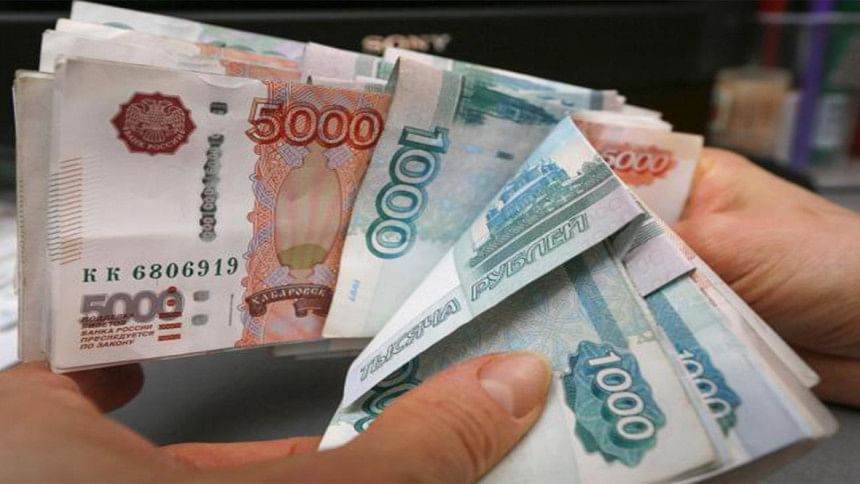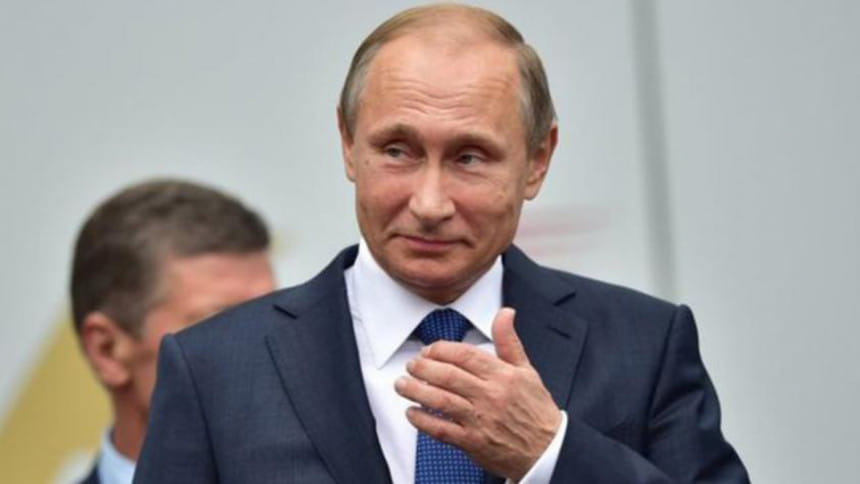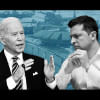Russian economy hit by oil price slide

Russia's economy contracted by 3.7% in 2015, according to preliminary figures published by the country's statistics service.
Retail sales plunged by 10% and capital investment fell by 8.4% in the economy's worst performance since 2009.
In contrast, Russian GDP increased by 0.6% in 2014.
The economy has been hit hard by the extraordinary collapse in oil prices, which have fallen by 70% in the past 15 months.
Sanctions imposed by the West after Russia annexed Ukraine's Crimea region in 2014 have also had an impact.
Prime Minister Dmitry Medvedev warned earlier this month that the fall could force Russia's 2016 budget to be revised.
President Vladimir Putin said in December that the budget had been calculated based on oil at $50 a barrel. Oil is trading at just over $30 a barrel.
Taxes from oil and gas generate about half the Russian government's revenue.

William Jackson, an economist at Capital Economics, said: "While the worst of Russia's crisis has now passed, the economy is still extremely weak. The latest fall in oil prices and drop in the rouble mean the likelihood of a second consecutive year of recession is rising."
Rouble trouble
The rouble fell to record lows against the US dollar last week, before regaining some ground as oil prices recovered slightly.
The currency was down more than 1% on Monday at 78.87 after oil prices fell about 3%.
Economy minister Alexei Ulyukayev said he expected the Russian central bank to leave interest rates on hold at 11% when it meets on Friday.
Elvira Nabiullina, the head of the central bank, said last week that authorities had "all the means" needed to keep the economy stable.
Unemployment in Russia was steady at 5.8% in December, meaning that 4.4m people were out of work, and real wages fell by 10%.
Despite the gloomy economic news, fast food giant McDonald's said on Monday it planned to open more than 60 restaurants in Russia this year.
Khamzat Khasbulatov, chief executive of McDonald's Russia, said sanctions and the weak rouble had forced the US company to make "serious adjustments" to its business model, but focusing on local suppliers and affordable menus had proved successful.
"We have seen significant growth of our market share as we continued expansion," he said. "The development of local supply has played a big role in supporting our profitability."

 For all latest news, follow The Daily Star's Google News channel.
For all latest news, follow The Daily Star's Google News channel. 








Comments